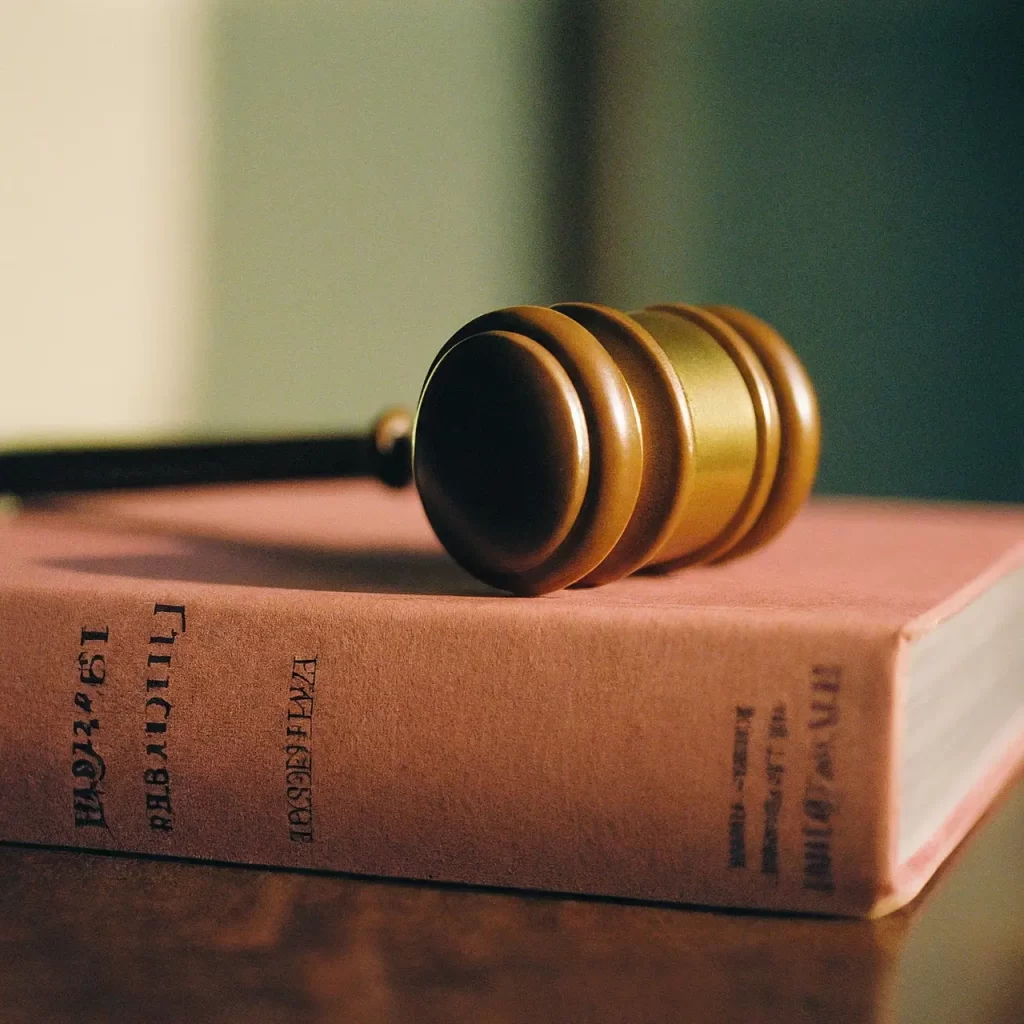In New Jersey, the consequences of driving while intoxicated (DWI) can be severe, impacting not just your driving privileges but also your personal and professional life. Understanding the intricacies of NJ DWI laws and the subsequent legal process is crucial for anyone facing such charges. This comprehensive guide aims to navigate you through the complexities of the NJ DWI landscape, shedding light on what you can expect and how to best handle the situation.
Understanding the DWI Laws in New Jersey
In New Jersey, driving while intoxicated by alcohol or drugs is a serious offense. The law considers you intoxicated for alcohol if your blood alcohol concentration (BAC) is 0.08% or higher. However, for commercial drivers, the limit is more stringent, set at 0.04%, and for those under the legal drinking age of 21, any detectable alcohol can lead to a DWI charge. New Jersey’s approach is unique in its application of penalties which are tiered based on the BAC level and the number of offenses.
The state adopts a no-tolerance stance towards DWI, implementing mandatory penalties for first-time and repeat offenders. These penalties can include fines, license suspension, and even imprisonment. Moreover, NJ’s implied consent law requires all drivers to submit to a breath test if suspected of DWI. Refusal to take this test can result in additional penalties, further complicating the accused’s legal situation.
The Immediate Aftermath of a DWI Arrest in NJ
Following an arrest for DWI in New Jersey, individuals are typically taken into police custody for processing. During this period, a breathalyzer test is administered to measure BAC levels. It’s crucial to understand that at this juncture, the accused has already been placed under arrest based on the officer’s observations and any field sobriety tests conducted. The results of the breathalyzer can significantly influence the case’s direction, serving as evidence in court.
Post-arrest, the individual will be detained until it is determined they are no longer under the influence and can be safely released. This detention period is also used to ensure the detainfloat has arranged for a sober means of transportation from the facility. Failure to comply with release procedures or additional charges incurred during arrest can exacerbate the legal consequences faced by the driver.
Navigating the NJ Court System for DWI Charges
The process of navigating the New Jersey court system begins once charges for driving while intoxicated are formally lodged against an individual. Initial appearances and arraignments follow, where the charges are read, and pleas are entered. Unlike other states, NJ does not allow for a jury trial in DWI cases; instead, a judge will hear the case. This phase is critical as it sets the stage for the legal battle ahead, requiring a well-thought-out defense strategy.
Pre-trial motions and evidentiary hearings might be conducted to challenge the legality of the traffic stop, the administration of the breathalyzer test, or the handling of evidence. Such legal maneuvers necessitize an in-depth understanding of New Jersey’s DWI laws and a keen legal acumen, often found in attorneys specializing in DWI defenses.
Potential Penalties and Consequences of a DWI Conviction
The ramification of a conviction for driving while intoxicated in NJ hinges on various factors, including prior offenses and the severity of the current violation. For first-time offenders with a BAC of 0.08% but less than 0.10%, penalties may include a fine, a mandatory Intoxicated Driver Resource Center (IDRC) evaluation, and a potential driver’s license suspension. The stakes are higher for higher BAC levels or subsequent offenses, which can lead to longer suspension periods, heftier fines, and mandatory jail time.
Legal Defenses and Strategies in New Jersey DWI Cases
Crafting a defense in a DWI case in NJ requires a strategic approach, often involving the challenging of evidence presented by prosecution, such as the accuracy of breathalyzer results or the legality of the traffic stop that led to the arrest. Skilled legal counsel may also explore defenses based on procedural errors or infringements of the accused’s rights during the arrest and evidence gathering process. A defense tailored to the specifics of the case can significantly impact the outcome, potentially resulting in reduced charges or even dismissal.
The Role of a DWI Lawyer in the Legal Process
Enlisting the services of a DWI lawyer in New Jersey is a decisive step toward ensuring a robust defense. Experienced attorneys bring a deep understanding of DWI laws, court procedures, and potential defense strategies crucial for navigating the legal system. They provide not just legal representation but also guidance and support throughout the process, helping individuals understand their rights and the best course of action given their situation.
Rehabilitation and Recovery: Life After a DWI in NJ
New Jersey places a significant emphasis on rehabilitation and recovery post-DWI conviction, aiming to reduce recidivism and promote safer driving habits. Participation in the Intoxicated Driver Resource Center (IDRC), community service, and, in some cases, addiction treatment programs are part of the recovery process. Embracing these opportunities can aid in the individual’s rehabilitation journey, offering insights and tools for making more responsible choices on the road.
Steering Towards Recovery and Redemption
Navigating the legal aftermath of a DWI conviction in New Jersey can be a daunting process, but with informed decisions and the right legal support, individuals can emerge with clarity and a pathway to recovery. Understanding DWI laws, the court process, potential defenses, and the importance of rehabilitation underscores the importance of being proactive and educated about your legal situation. Embarking on this challenging journey demands a resolve to move forward, learn from the experience, and make safer choices in the future.


